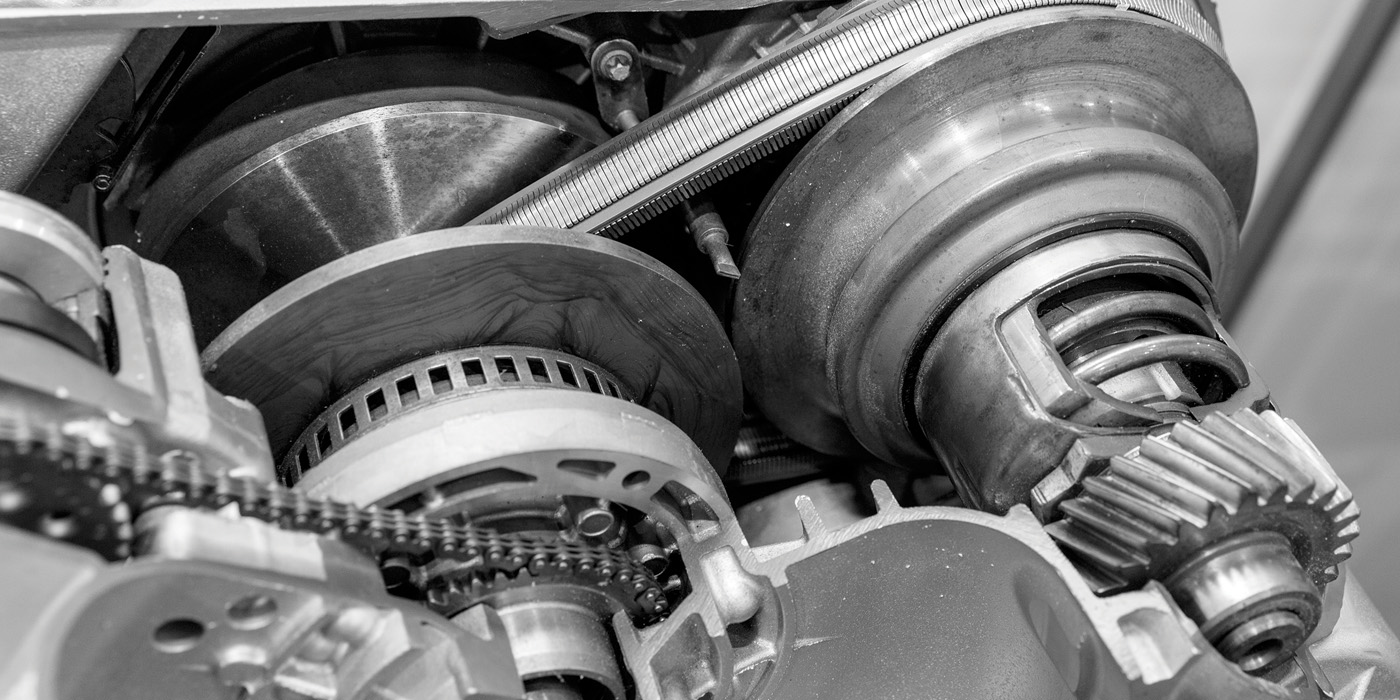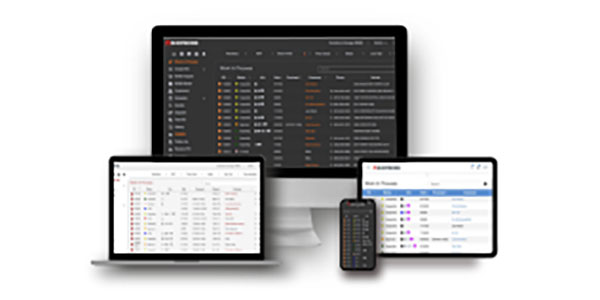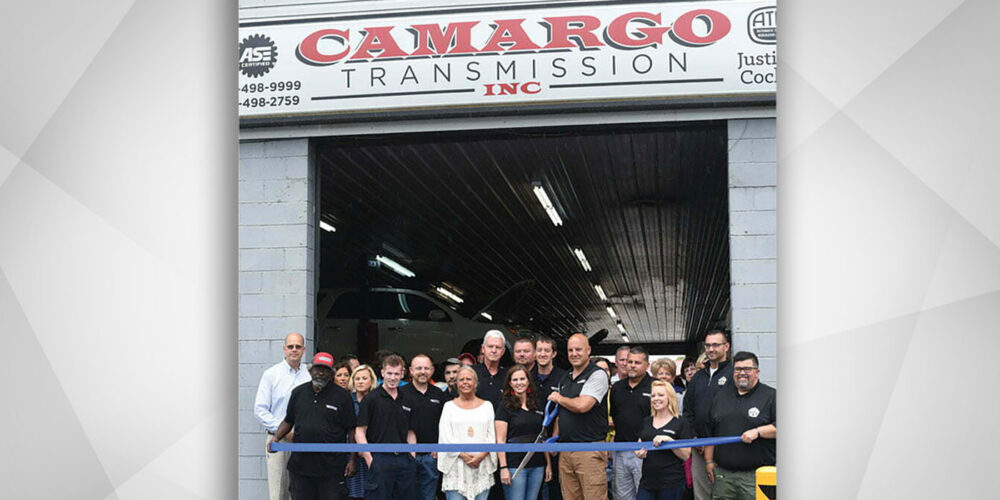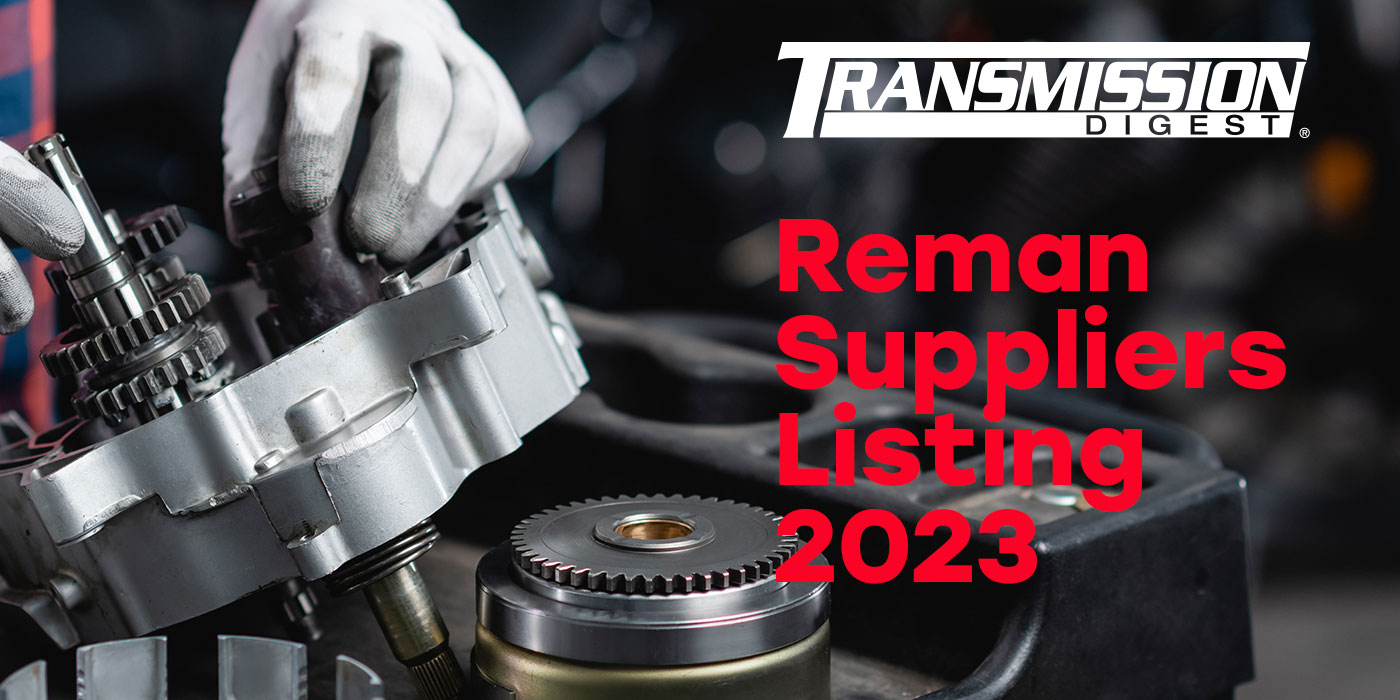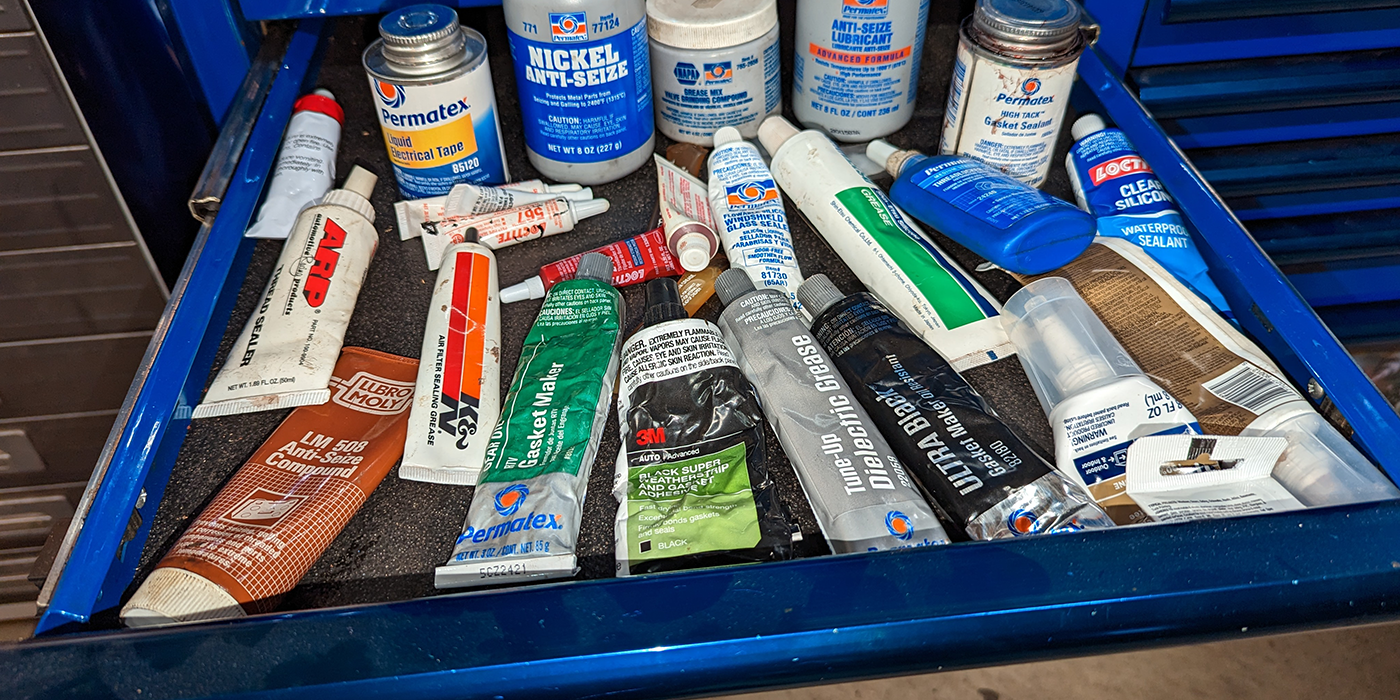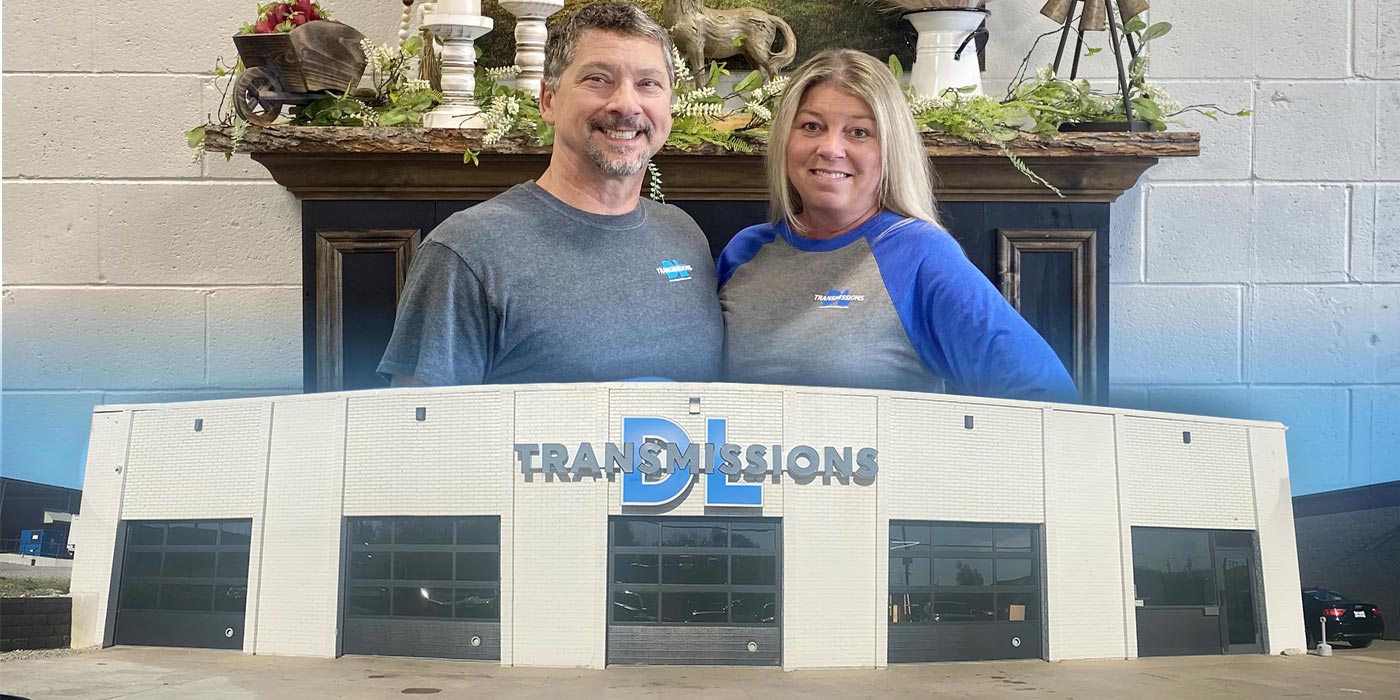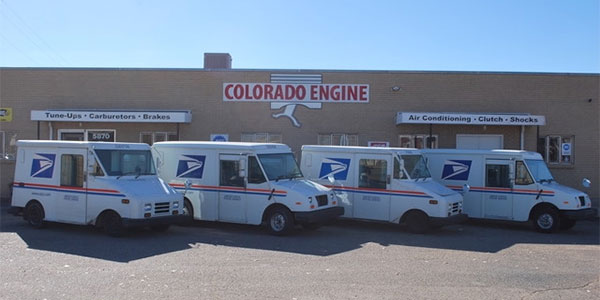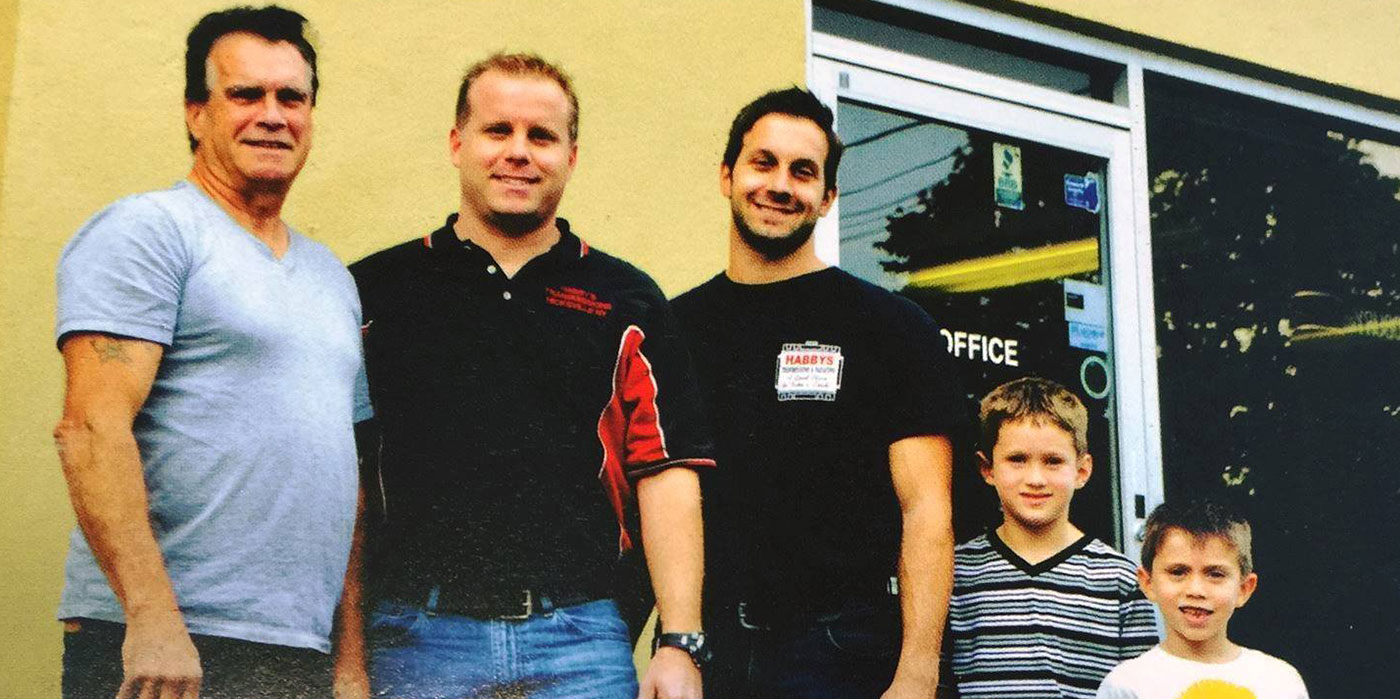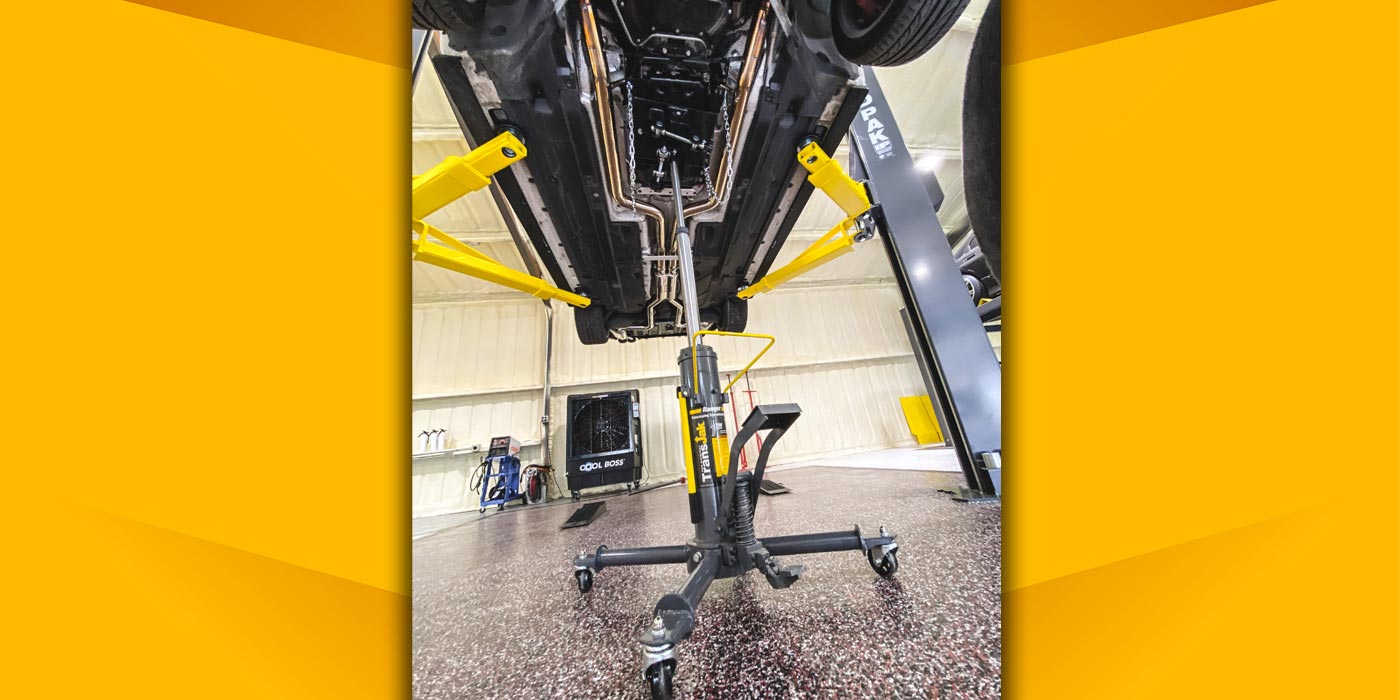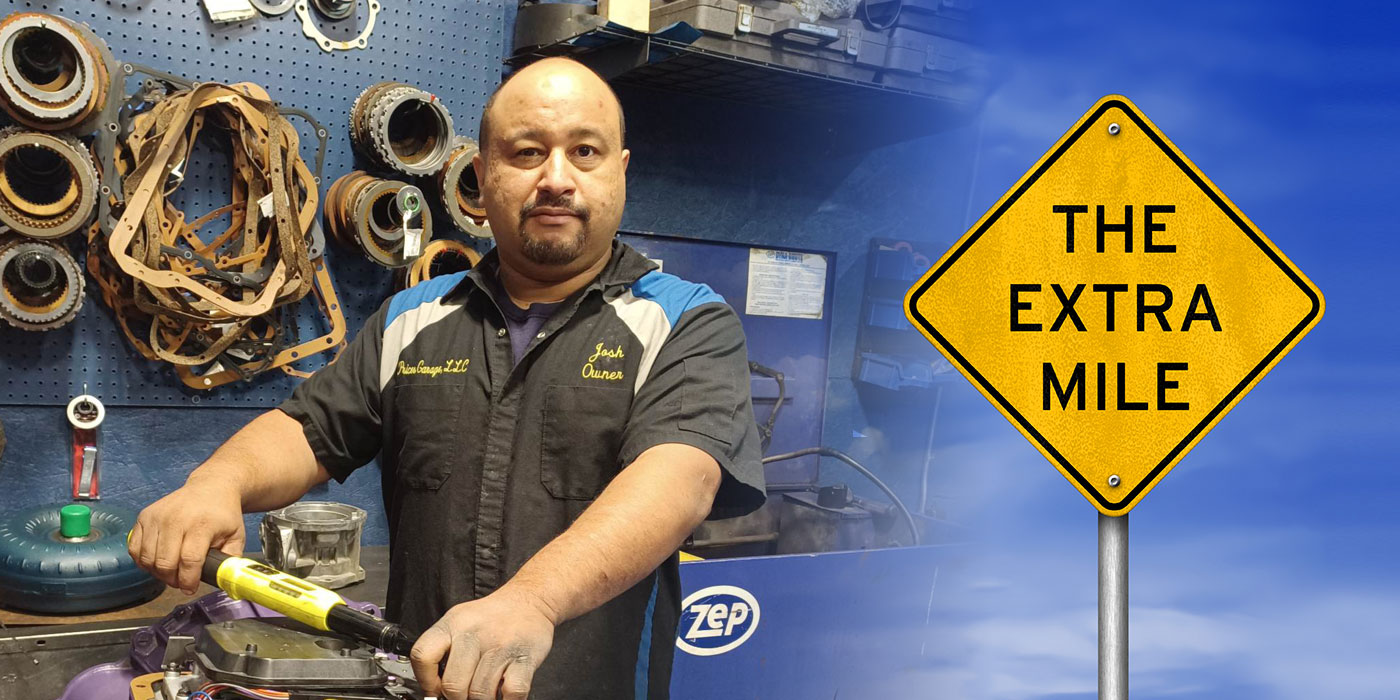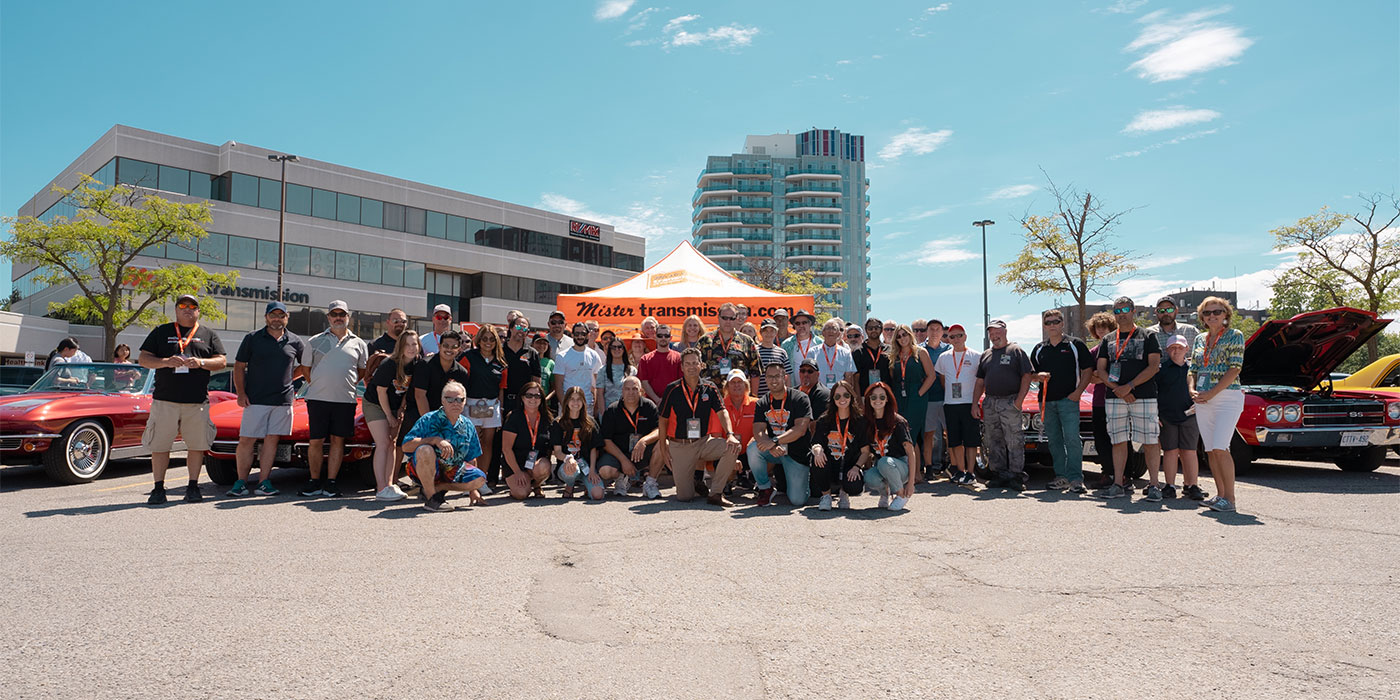
It’s Your Business
- Author: Terry Greenhut, Management Editor
I write that phrase on the board many times when I begin to teach a class. People do a double take until they figure out what it means. Money is what it’s all about. It’s the reason we go into business or go to work every day. Sure, it can buy the things we need, but it can also buy something much more valuable – peace of mind.
When you have money, you’re in control. When you don’t, other people are in control of you. You work because you owe. That is never a comfortable position to be in. Cash is king. When you have it and others don’t, you can compete on a higher plane.
Having money in the bank allows you to do deals your competitors can’t. A friend of mine just bought the contents – including $40,000 worth of new equipment – of an entire auto-repair shop that was in business for a year for $4,000. He was able to wheel and deal because he didn’t have to worry about where he was going to find the money to do it. He had it in his pocket.
People who live above their means and are always scrambling to pay their bills never really build any kind of wealth. They lock themselves into that credit mode, and most never get out of it. They are always behind, never in front. That makes sense, though. If you were paying out 22% interest on your debt, do you think you would ever get ahead? It isn’t likely.
I saw a cute commercial the other night. A woman was watching one of those home-shopping channels and some ridiculous item came up for sale. Her face lit up like she really had to have it. Next she opened her freezer door and pulled out a block of ice that had her credit card frozen right in the middle of it. The ice distorted the numbers on the card just enough that she couldn’t read them. She tried every angle she could but still couldn’t read them. Then she started beating on the ice with a hammer. While doing so she accidentally hit the channel changer on the remote and a scene from a home-improvement show came on the screen. She breathed a sigh of relief, because apparently what she really wanted was the money to improve her house. Then she put the block of ice back into the freezer.
Your situation may not be as desperate, but if you have debt and it keeps growing because you buy things you don’t really need and add insult to injury by paying huge amounts of interest on top of it – not to mention the final insult when you pay interest on the sales tax you paid on the purchase – you have to step back at some point and ask yourself why you do this. Are you figuring on hitting the lottery to take care of all this debt? Even if you do, unless you solve the basic problem you’ll be broke again in a few more years. The only thing winning the lottery will do is allow you to throw your money away on even more expensive items you don’t need.

To get ahead and have the resources you need to make those super deals that don’t come along very often, you have to learn to shop more carefully. You can’t buy things just because. There has to be a specific logical reason for making the purchase. I like to ask myself some questions before I buy anything, even small, inexpensive items, because they can add up very quickly as well.
Do I need this? If I don’t buy it will the quality of my life or that of the work my shop puts out be adversely affected?
Is it worth the money that is being asked for it?
To buy it, will I be taking money away from savings or from something else I really do need?
How can I make or save money by buying this?
Do I have the cash to pay for it, or will I again have to go into debt to get it? And if I do have to pay interest to get it, does it really make or save me any money?
I ask a slightly different question when it comes to buying golf clubs. If I buy this club, can I win money from my golf buddies? It doesn’t even matter how much. I’d never win enough to cover the cost of the clubs I’ve bought, but this is different; it’s a matter of pride.
But seriously, if you don’t stop to ask yourself those basic questions, you tend to buy junk that has no useful purpose whatever. Want to prove it to yourself? Just clean out your attic or basement and as you find the things you are willing and happy to throw away, list them along with the prices you think you paid for them. You’ll be amazed at the thousands of dollars they add up to. The only thoughts running through your mind at that point will probably be, “Why did I ever buy all this junk?” and “What could I do with that money if I had it now?”
Freezing your credit cards in blocks of ice might keep you from getting at them temporarily, but a better solution might be to cut them up so you can’t get to them at all. Once they’re paid off, get yourself a card that forces you to pay the entire amount when the bill comes in so you can’t get into this position again.
If you owe on several different cards, it would be best to take some kind of a low-interest loan like a home-equity or second mortgage to consolidate and pay them all off. A loan with 6% interest is a heck of a lot better than credit cards with 22%. Whatever you do, don’t just make the minimum payments on the credit cards. You will be paying only the interest, and maybe not all of it, so your balance owed will keep increasing even if you stop buying.
Set goals for buying the things you really want and need. If you want that new pickup truck or the down payment on a home, slap a picture of it on your bathroom mirror and look at it every morning so you know not only why you are going to work that day but also why you can’t throw away your money on foolishness. Figure out how much money you will need to buy what you want and how long it will take to get it. Then you will know how much you need to set aside every month or week.
Don’t always think about buying things you will use or play with. Buy investments to make your money grow. Owning real estate is always a good investment in your future. The key is to buy commercial or apartment-type buildings that will pay for themselves while growing your equity. You don’t even have to have positive cash flow to draw money out every month, unless you need it. You just don’t want it to be negative. For example, if you buy the building your shop is in and the same amount you would have paid a landlord for rent pays your mortgage and taxes, you are building equity, the kind you can retire on one day.
But don’t stop there. Many shop owners have bought their buildings over the years and made the mistake of not buying any additional real estate. You can get the same kind of equity out of other buildings in which you place tenants. You don’t have to be running your own business out of them. Commercial properties are easier to deal with, because the tenant is usually responsible for everything but the structure and the roof, but residential can be lucrative if you can get the right tenants at the right rentals.
The choices, of course, are yours, but I can tell you this: In today’s economy anyone who has cash is in command. You will be amazed at some of the bargains you can get because others need the cash you have. The negotiating power is in your hands. Use it wisely. Take those extra few seconds to think about the items you are about to buy. Do you really need them, or would that money be better put to use elsewhere? Do you have to pay what someone is asking, or can cash get you a better price? Challenge the people who sell you things the same way your customers challenge you.

Visit www.TerryGreenhut.com.


